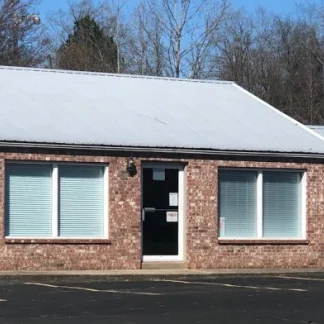Ouachita Behavioral Health and Wellness
Glenwood, Arkansas, 371 Highway 70 E, 71943
Available Programs
- Adult program
- Children program
- Elderly program
- Hearing impaired program
- Program for men
- Program for women
Insurance and Financial
- Private insurance
- Medicaid
- Medicare
- Self-pay options
- Sliding scale payment assistance
About this Facility
Ouachita Behavioral Health and Wellness is a nonprofit mental health and substance abuse clinic in Glenwood, Arkansas, just east of Mud Lick Creek. They are a community-oriented clinic with walk-in and telehealth services. They serve clients of all ages.
Staff at this facility come from a wide variety of backgrounds. They work together to create person-centered treatment plans in line with their philosophy that recovery is possible for everyone. Services are offered on an outpatient basis.
Outpatient treatment, sometimes known as a day program of day treatment, is a level of care designed for clients who are deemed stable and don’t need close supervision. Clients in this program continue to live at home while visiting the clinic on a regular basis to receive treatment. Clients with severe symptoms may be required to complete a higher level of care before qualifying for outpatient care.
Clients work with staff to develop individualized treatment plans suited to their situation. Treatment includes one-on-one counseling, group therapy, family counseling, and marriage counseling. Outpatient care also includes education groups, which can focus on specific recovery skills or conditions. Therapeutic methods include EMDR. This is a specialized therapy for treating traumatic life experiences. EMDR utilizes eye movements to help clients process painful memories.
Ouachita Behavioral Health and Wellness accepts most forms of private insurance, including Humana, TRICARE, WellCare, Optum, Aetna, Medicaid, and Medicare. Clients should consult with their insurance provider to confirm coverage before enrolling, because in network and out of network benefits can vary.
Contact us for more information: (870) 782-0119

Contact Ouachita Behavioral Health and Wellness
Connect with Ouachita Behavioral Health and Wellness by calling their admissions team directly.
(870) 782-0119 Website Get Directions